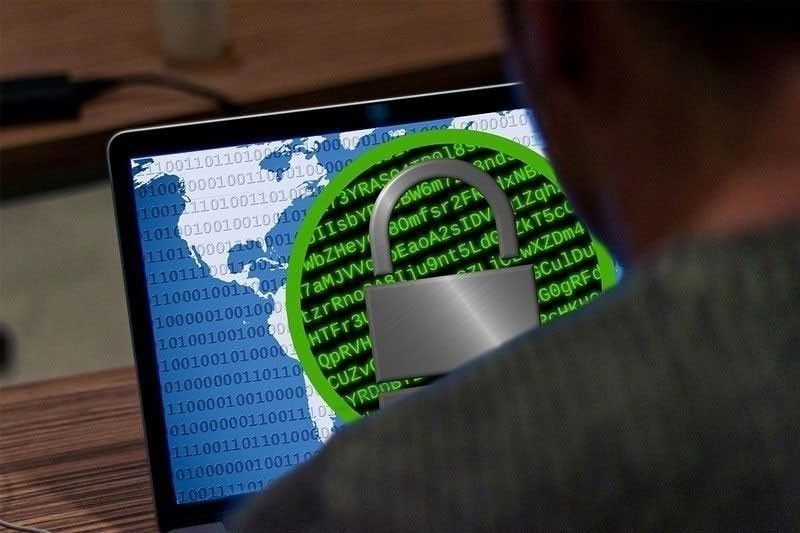‘Schools have to upgrade cybersecurity before reopening’

MANILA, Philippines — The academe, one of the hardest hit sectors by data breaches, has to improve its digital walls to fend off possible attacks before the new school year reopens, according to cybersecurity expert Kaspersky.
Kaspersky yesterday warned schools and universities to prepare for threat actors that could target them this academic year.
Kaspersky general manager for Southeast Asia Yeo Siang Tiong urged educational institutions to invest in cybersecurity solutions to defend the data of both their students and personnel.
Yeo cited the case of Romblon State University, which fell victim to a data breach in April, as an example why the academe has to upgrade its online defenses. The university was perpetrated by a hacker group called DeathNote Hacker Philippines.
The hackers were able to steal sensitive information of both students and professors entrusted to the university. Reportedly, the hackers were trying to expose the alleged misconduct of some of the members of the faculty.
“By taking a proactive measure, schools and universities can protect their students and staff, and ensure a safe learning environment,” Yeo said.
Based on data from Kaspersky, the Philippines has one of the most vulnerable economies in Southeast Asia in terms of digital attacks.
In 2023, Kaspersky detected 1.5 million online threats in the country and prevented 4.62 million digital break-ins, also known as brute force attacks.
Further, Kaspersky blocked 15,312 ransomware attempts aimed at organizations operating in the Philippines. Even the Philippine government recognizes the urgency for industries to boost their security capabilities, as the country faces evolving threats on the cyber front.
Citing latest data, the Department of Information and Communications Technology reported that it handled 1,568 incidents of digital attacks from January to May. Of this, the government made up more than half of the total, as cybercriminals target sensitive data handled by public offices.
Alarmingly, the academe came next to the government, reporting over a fourth of the incidents, while telcos ranked third with eight percent.
Cyberattacks were also reported against the health, logistics and banking industries, and some of them end up paying the hackers to retrieve stolen data.
- Latest
- Trending





























